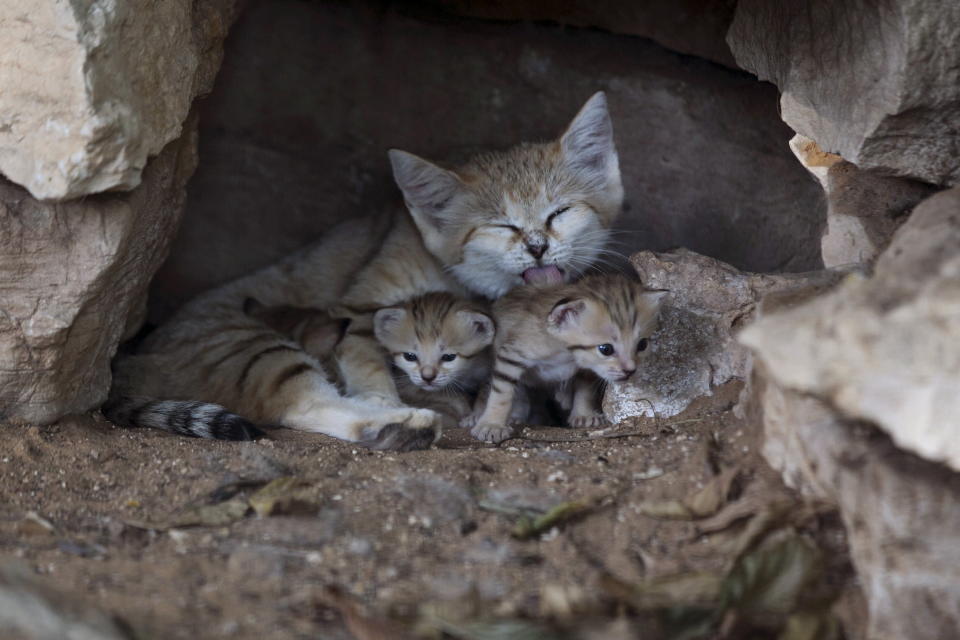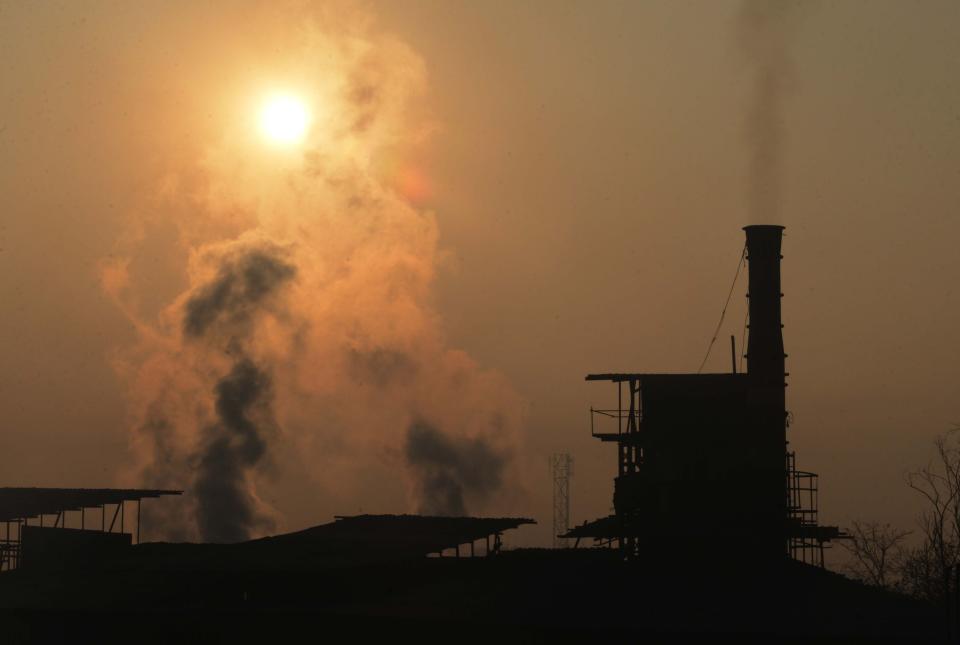Big business under fire as a million species risk extinction

Big businesses and governments worldwide face mounting pressure to lower their damage to nature a report warns a million species are at risk of extinction.
The Global Assessment, a landmark UN-backed study released today, reveals the catastrophic damage of pollution, carbon emissions and habitat destruction for agriculture and other development.
The research, by 145 experts, argues countries may have to embrace a “post-growth” economic model to avoid wiping out as many as one in eight of the planet’s animals and plants, many within decades.
It warns that up to $577bn of the world’s crop output could be at risk from the loss of pollinating animals crucial for agriculture.
The study also found tourism alone had seen its carbon footprint soar by 40% in just four years, rising to 4.5 gigatons of carbon dioxide between 2009 and 2013.
The warnings come amid renewed focus in the UK on the environment and humans’ impact on the planet after the Extinction Rebellion protests brought parts of London to a standstill.
‘Business as usual has to end’
It has already prompted calls for governments to end “destructive” subsides worth hundreds of billions of dollars to fossil fuel, agricultural and fishing industries.
"These drive the plundering of the land and ocean at the expense of a clean, healthy and diverse environment on which billions of women, children and men depend now and in the future," Andrew Norton, director of the International Institute for Environment and Development, told the BBC.
"The key message: business as usual has to end," Eduardo Brondizio, an anthropology professor and co-chair of the project, told Reuters.
"We have been running from one frontier to another frontier trying to find cheap nature [to exploit] in every corner of the planet.”
READ MORE: European shares slide over Trump’s latest China tweets
Another co-chair, the scientist Robert Watson, said change could only happen if societies took on “vested interests.”
The report says industrial farming and fishing are behind much of the damage to the environment, with carbon emissions worsening the problem.
It says global subsidies to fossil fuels add up to $345bn, while economies in the OECD provide an estimated $100bn to agriculture that potentially harms the environment.
The scale of destruction

The report says the extinction of species is now happening at a rate tens to hundreds of times faster than the average over the past 10 million years.
The report suggests plastic pollution has risen tenfold since 1980, and urban areas have doubled in size as the global population has soared since 1992.
It says food crop production has trebled since 1970, while almost a quarter of land is now less productive because of land degradation.
Around 100 million hectares of land was converted for agriculture from 1980 to 2000, half of it at the cost of forests and largely paving the way for cattle ranching in South America and plantations in Southeast Asia.
Meanwhile a third of the world’s marine fish stocks are being harvested at unsustainable levels.
What are the 5 direct drivers of change in nature with largest relative global impacts?
1: Change in land & sea use.
2: Direct exploitation of organisms.
3: Climate Change
4: Pollution
5: Invasive Species.
— Newly launched @IPBES #GlobalAssessment #IPBES7 pic.twitter.com/7JukwFrU15— IPBES (@IPBES) May 6, 2019

 Yahoo Finance
Yahoo Finance 